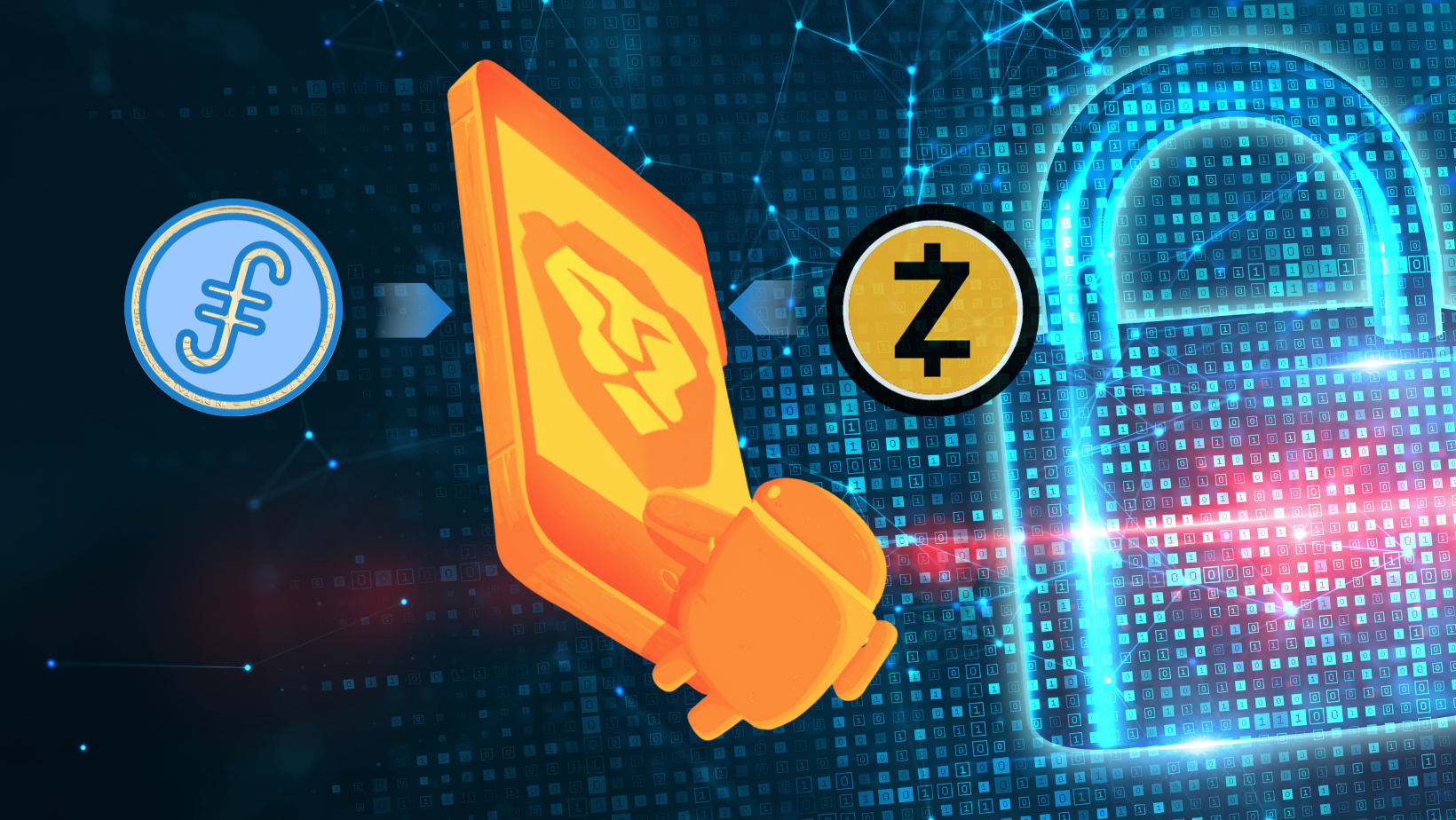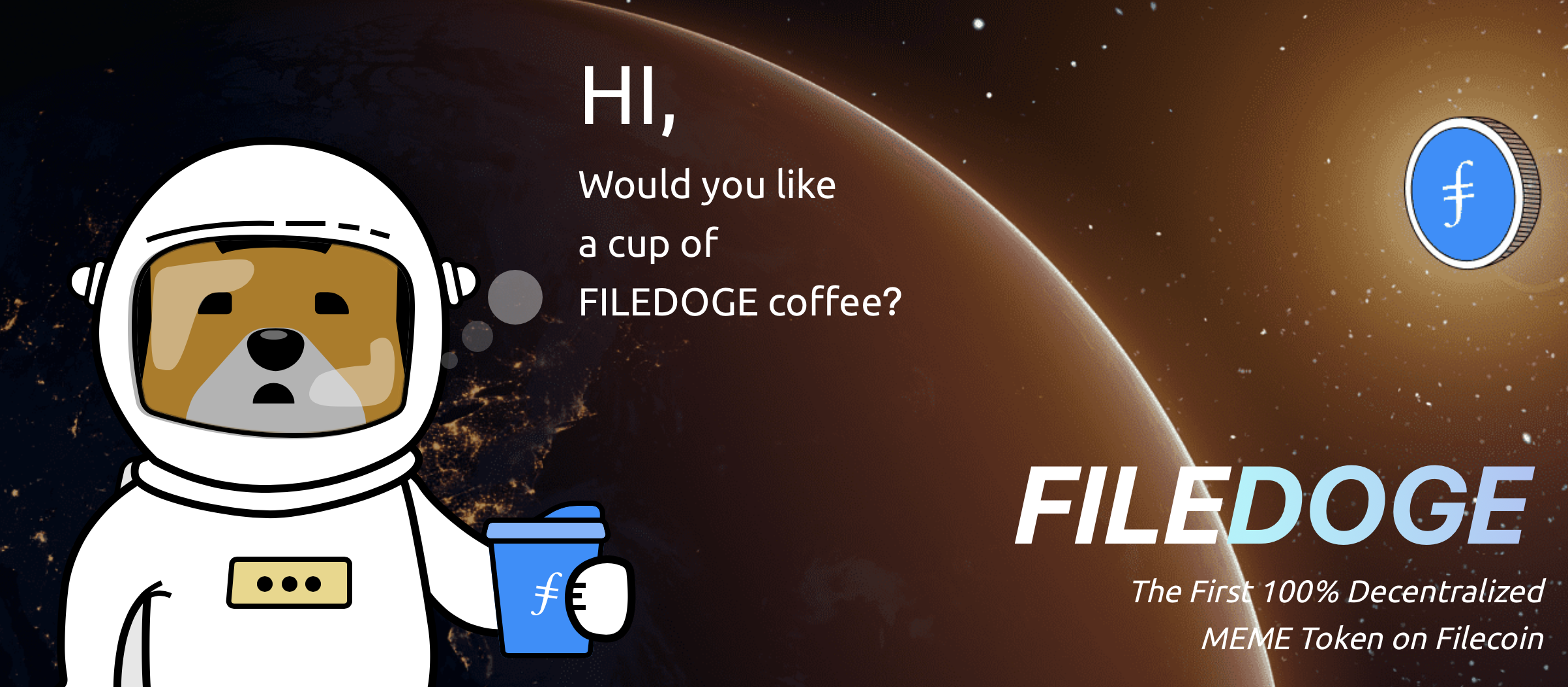Enhancing Solana’s Reliability- Solana’s Blockchain backed up on the Filecoin Network
TLDR:
In the fast-evolving world of blockchain technology, reliability and scalability are key factors that determine the success of a blockchain network. Solana, known for its high-performance and high-throughput capabilities, has taken a strategic step to enhance its reliability by integrating with Filecoin, a decentralized storage network and protocol.
Today we want to explore the reasons behind this integration, and how it contributes to Solana’s overall stability and data management.
The Power of Solana: Solana has gained prominence for its ability to process a vast number of transactions per second, making it a top choice for decentralized applications (dApps) and projects requiring high-speed and low-latency transaction processing. However, as the network continues to grow and accommodate more users and applications, the need for a robust data storage solution becomes paramount.
Introducing Filecoin: Filecoin, on the other hand, is designed to provide secure, decentralized, and efficient storage solutions by utilizing spare storage space on participants’ devices. It operates on a decentralized marketplace where users can rent out their unused storage space in exchange for FIL tokens. This model ensures that data is distributed across a wide network of nodes, enhancing data redundancy and availability.
The Synergy Between Solana and Filecoin: Solana’s integration with Filecoin addresses a critical aspect of blockchain operation: data storage and backup. Here’s how the synergy between the two platforms benefits the Solana network:
- Data Redundancy: Storing critical data from the Solana blockchain on the Filecoin network enhances redundancy. In the event of a failure or data loss on one network, the data can be recovered from the other, ensuring that valuable information remains intact.
- Decentralization: Both Solana and Filecoin are built on principles of decentralization. Integrating with Filecoin for data storage aligns with Solana’s commitment to maintaining a distributed network that is resilient to single points of failure.
- Scalability: As Solana continues to onboard more users and dApps, the demand for storage space increases. By leveraging Filecoin’s decentralized storage network, Solana can scale its data storage capacity without relying on a single centralized solution.
- Security: Filecoin’s storage mechanism employs cryptographic proofs to ensure data integrity and prevent unauthorized access. This adds an extra layer of security to the stored data from the Solana blockchain.
- Cost-Efficiency: Traditional data storage solutions can be costly, especially when dealing with large volumes of data. By utilizing Filecoin’s marketplace for storage, Solana can potentially reduce its data storage costs while benefiting from a distributed network.
The integration of Solana with Filecoin marks a significant step toward enhancing the reliability and scalability of the Solana blockchain. It also speaks to a move away from Web2 centralized storage solutions. By leveraging Filecoin’s decentralized storage capabilities, Solana can achieve data redundancy, scalability, and enhanced security while staying true to its decentralized ethos. This collaboration showcases the innovative ways in which blockchain networks can collaborate to create more robust and resilient ecosystems for the benefit of users and developers alike.
Do you have storage needs and want to say goodbye to centralized solutions? IPFS and Filecoin can help. Fill out a form at Filecoin.io and get started today.






